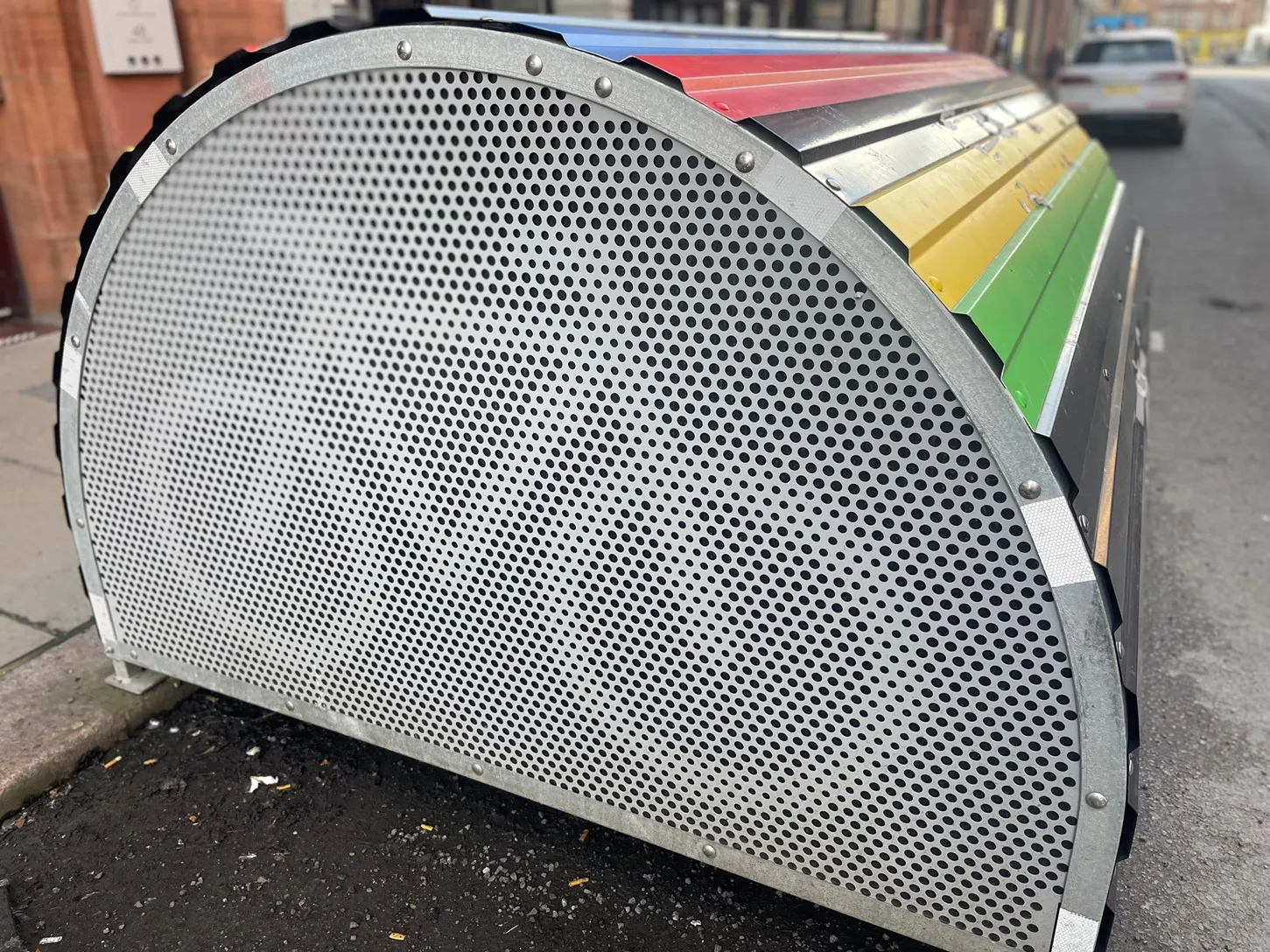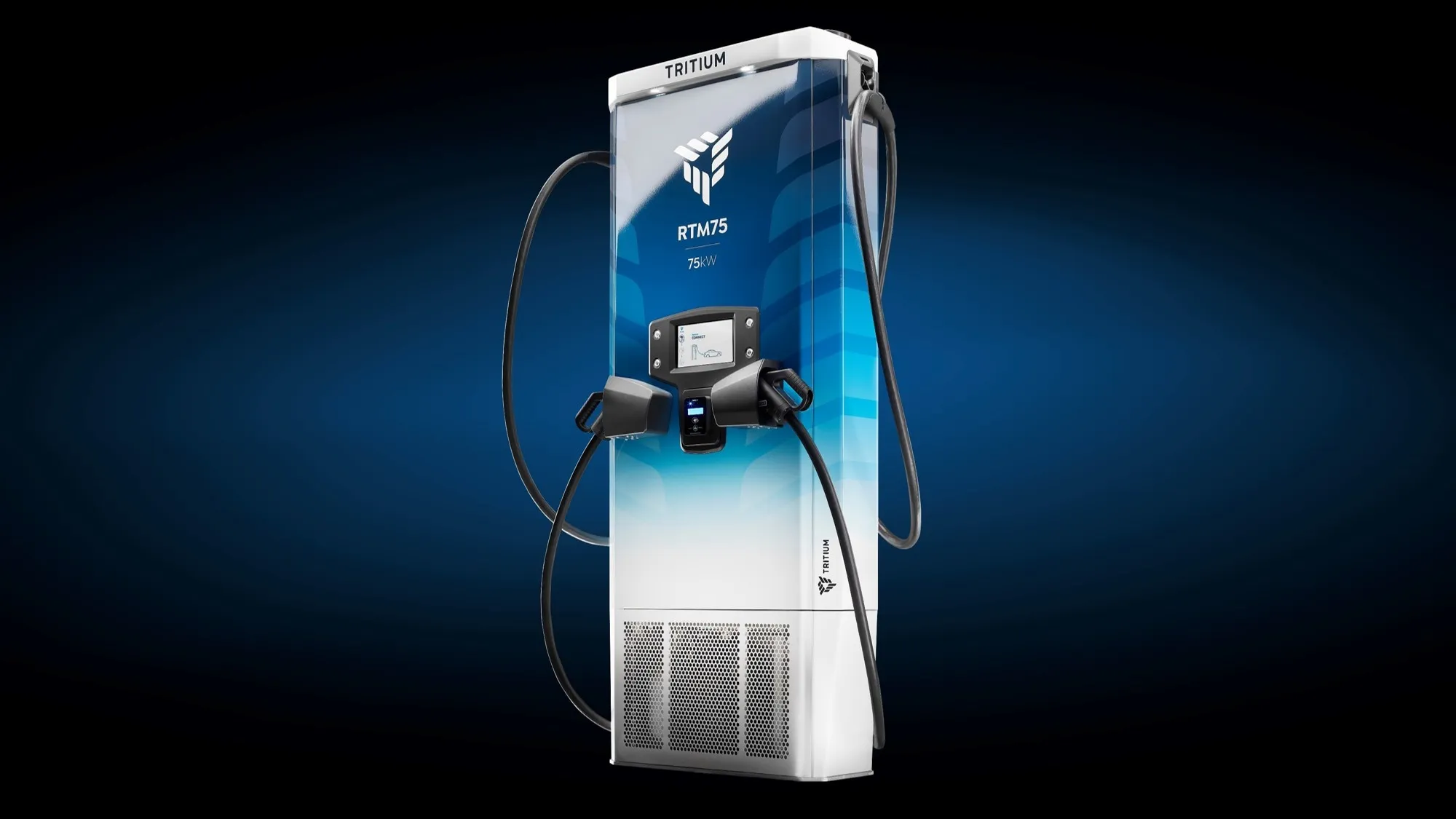Siemens has installed electric vehicle (EV) charge points for businesses across Scotland, including Robert Gordon University (RGU) in Aberdeen, SGM Distribution and Edinburgh College.
The company’s new and comprehensive range of Transport Scotland-compliant charging points includes AC chargers that provide both single and three phase charging via single or dual outlets, and can be floor standing, pole or wall mounted. Also included in the range is a triple outlet, multi-standard, rapid charging station
August 10, 2015
Read time: 2 mins
The company’s new and comprehensive range of
Through the ChargePlace Scotland project, 100 per cent grant funding is available to Scottish based businesses for the installation of EV charge points for workplaces. The aim of this funding is to complement the national network of charge points being installed across Scotland to promote electric vehicle use.
RGU in Aberdeen recently installed a dual outlet charge point to double the number of charge points on its Garthdee Campus. The University already has one electric van, currently used as the mail van, and will shortly be adding a second electric van to their fleet. The charge points can also be used by staff, students and the general public.
Meanwhile, Scottish courier and express distribution firm SGM Distribution has become the first company north of the border to deploy two all-electric Mercedes Vito Ecell vehicles, the latest additions to a 46-vehicle fleet built up by the company since it was founded in 2006 on the outskirts of Letham, near Forfar.
Edinburgh College has also been a pioneer in electric mobility, offering staff a fully-electric pool car fleet for the last three years, while adding to the infrastructure of the city for the benefit of all EV users. More recently, to further bolster nationwide infrastructure, Transport Scotland selected the College to become a partner in the new ‘Switched on @ Work’ scheme.








